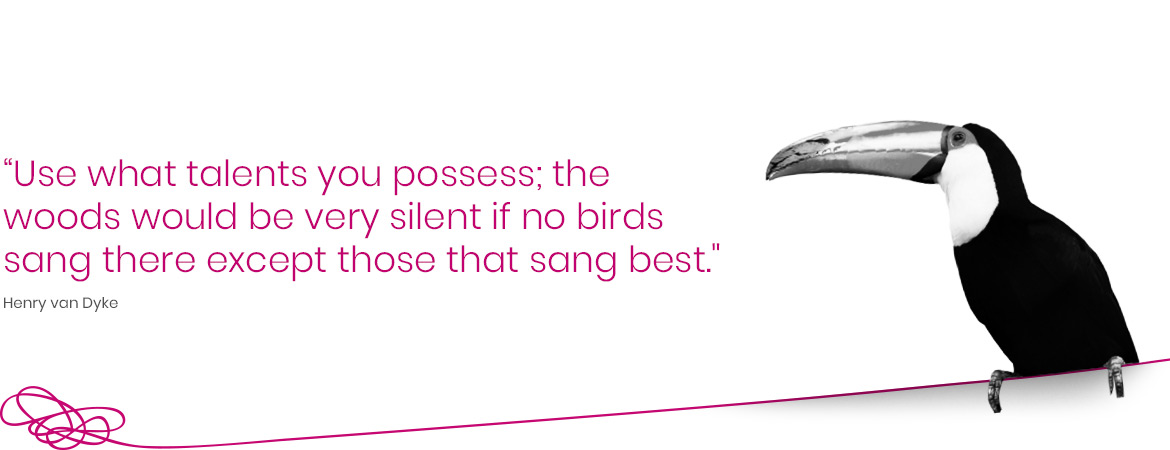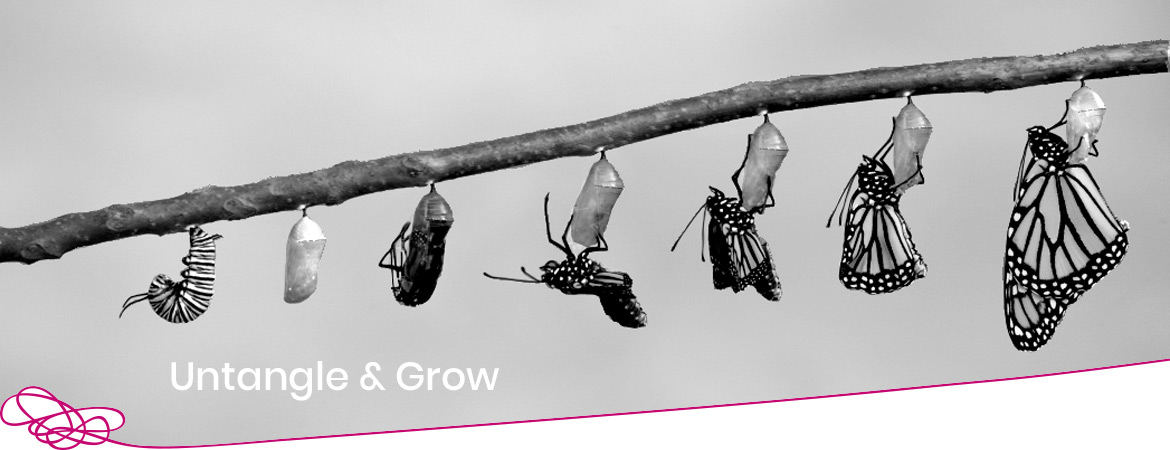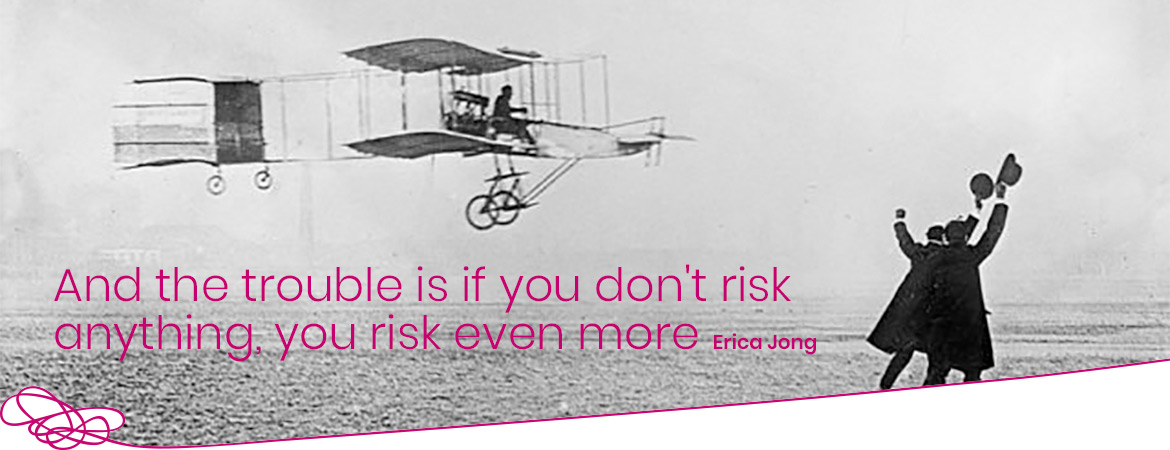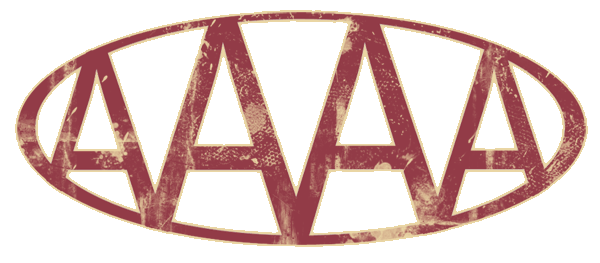What does it take to ‘get the shift’. Coaching clients all to often show up for coaching with best intentions of making changes in their lives and relations, but somehow never making them. The change becomes overwelmingly difficult – “If it wasn’t for my difficult boss… I’m not the sort of person .. my unrelenting workload” – and the conversation stops being about bringing about change so much as justifying why any change is impossible.
Getting the client to the point where they make a real and sustainable change is therefore a challenge and a dilemma for a coach. Some coaches in their anxiety to make a difference, resort to using their personal energies to get the client over the line, forgetting that once they leave them they are likely to fall back to their habitual ways of being.
Dr David Drake (Centre for Narrative Coaching) has an interesting technique that helps here. He talks about the notion of ‘pivot points’, effectively choice points in a clients life where they have to two possible course of of action – one aligned with their desires and one aligned with their status quo. Change is then about recognising and choosing a particular path in the moment . For example “I can give my opinion or I can keep quiet” when I’m faced with a threatening situation. What’s great about this approach is it reduces what might seem an overwelmingly impossible change into a series of small and simple in the moment choices… which is what life is composed of anyway.





